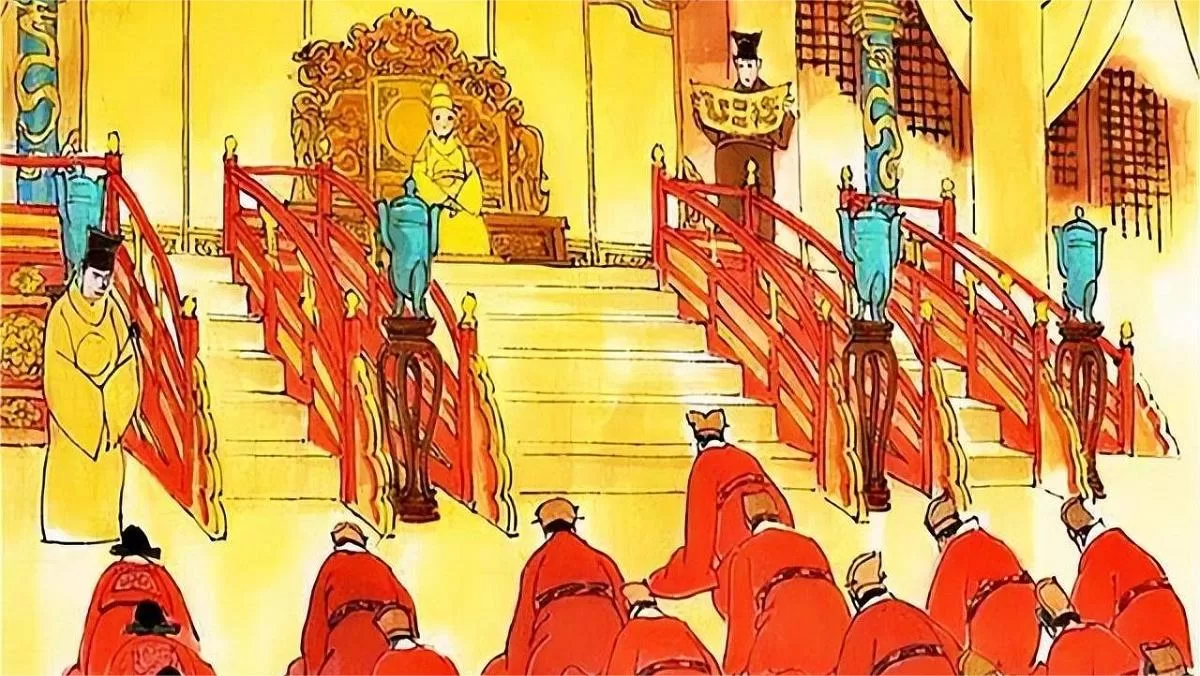Zhu Yuanzhang, the founder of the Ming Dynasty in China, proclaimed himself the Hongwu Emperor on January 23, 1368. This event marked a significant turning point in Chinese history, as it established Zhu Yuanzhang as the supreme ruler of a new dynasty that would endure for nearly three centuries. The proclamation of the Hongwu Emperor can be explored in great detail, considering the circumstances leading up to it and the implications it had for China.
Zhu Yuanzhang was born into a poor peasant family in 1328 during the final years of the Mongol-led Yuan Dynasty. Amidst widespread famine, social unrest, and discontent with Mongol rule, Zhu joined a local rebel group called the Red Turbans. As a skilled military strategist and charismatic leader, Zhu rose through the ranks and eventually became the de facto leader of the rebellion.
After years of military campaigns and alliances with other rebel groups, Zhu Yuanzhang and his forces successfully overthrew the Yuan Dynasty. In late 1367, the Mongols were expelled from the capital city of Dadu (present-day Beijing), and Zhu set his sights on establishing his own regime.
On January 23, 1368, Zhu Yuanzhang declared himself the Hongwu Emperor, taking the regnal name Hongwu, which means “vastly martial.” This proclamation occurred in Nanjing, the new capital of the Ming Dynasty. Nanjing was chosen as the capital due to its strategic location and symbolic significance.
During the proclamation ceremony, Zhu Yuanzhang delivered a grand speech to his loyal followers, military officials, and dignitaries. He emphasized the righteousness of his cause, his legitimacy as the ruler, and his vision for a new era in Chinese history. He expressed his determination to restore stability, rebuild the economy, and implement comprehensive reforms to address the issues that plagued the country under Mongol rule.
As the Hongwu Emperor, Zhu Yuanzhang implemented various policies to consolidate his power and establish a centralized administration. He reformed the tax system, promoted agriculture, encouraged trade, and undertook extensive military reforms to strengthen his military forces. He also established a rigid bureaucratic system and implemented a series of laws to maintain social order and control over the population.
The proclamation of the Hongwu Emperor had far-reaching consequences for China. Under Zhu’s rule, the Ming Dynasty would go on to experience a period of relative stability, economic prosperity, and cultural development. The Hongwu Emperor’s reign laid the foundation for the subsequent Ming emperors, who continued his policies and achievements.
In summary, Zhu Yuanzhang proclaimed himself the Hongwu Emperor on January 23, 1368, in Nanjing. This marked the beginning of the Ming Dynasty and initiated a series of reforms and policies that would shape China for the next several centuries. The proclamation ceremony solidified Zhu’s authority and set the stage for his ambitious plans to govern the country and restore its glory.
Other facts about Zhu Yuanzhang


